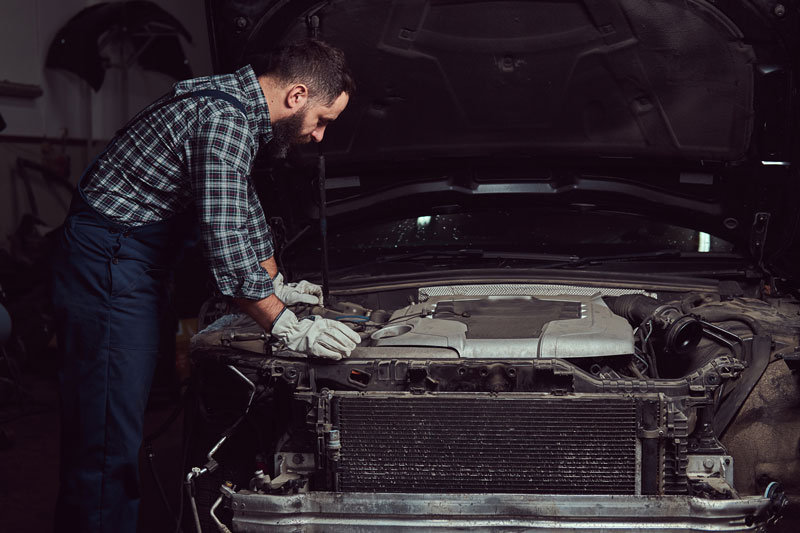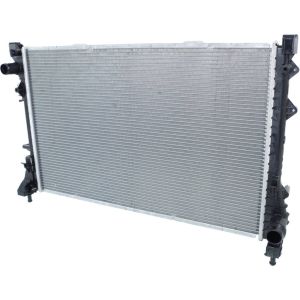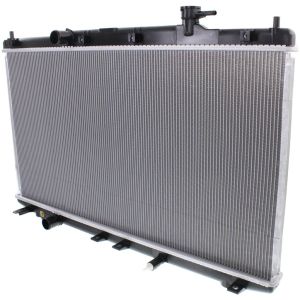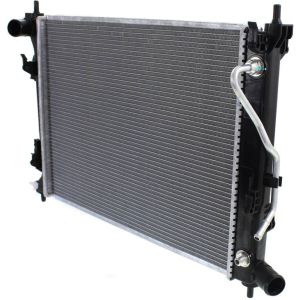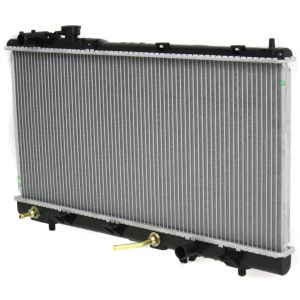Your car's engine is the heart of your vehicle, and the radiator plays a crucial role in keeping it cool. Regular maintenance of your radiator is essential to prevent engine overheating and potential damages. In this article, we will explore ten signs that indicate your car radiator needs attention.
Overheating Episodes
Recognizing when your engine is overheating is vital. If you notice your temperature gauge consistently in the red zone or steam coming from under the hood, it's time to investigate. Engine overheating is often a direct consequence of radiator malfunctions.
Discolored Coolant
Check your coolant regularly for any changes in color. Healthy coolant is typically bright and translucent. Discoloration can indicate contamination or a chemical reaction within the radiator, signaling the need for immediate attention.
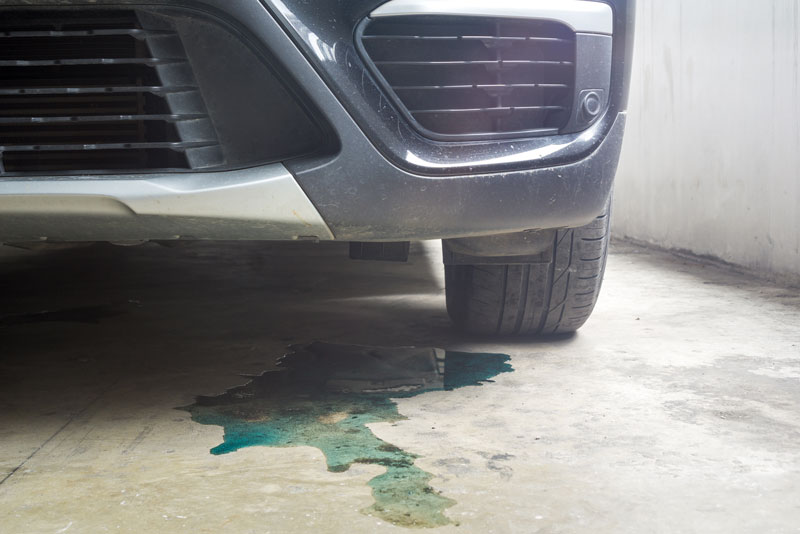
Visible Leaks
One of the most noticeable signs of radiator issues is visible leaks. Inspect your car regularly for any puddles or spots beneath it. Ignoring leaks can lead to coolant loss, compromising the radiator's efficiency and potentially causing severe engine damage.
Low Coolant Levels
Monitoring your coolant levels is a simple yet effective way to gauge your radiator's health. Low coolant levels can lead to inadequate heat dissipation, resulting in engine overheating. Regularly top up your coolant to ensure optimal performance.
Rust and Corrosion
Radiator rust and corrosion can impair the cooling system's efficiency. Investigate any signs of rust on the radiator or the coolant itself. Addressing rust promptly can prevent more extensive damage and maintain the radiator's effectiveness.
Inconsistent Heating
If you notice irregularities in your car's temperature control, it could be linked to radiator issues. A malfunctioning radiator may struggle to regulate engine temperature properly, affecting both heating and cooling functions.
Strange Noises
Unusual sounds coming from your engine bay can be indicative of radiator problems. Gurgling, hissing, or clunking noises may suggest issues with coolant flow or air bubbles within the system. Addressing these sounds promptly can prevent further complications.
Unusual Odors
Detecting strange smells emanating from your engine bay can be a sign of radiator issues. A sweet smell may indicate a coolant leak, while a burnt odor could suggest overheating. Investigate any unusual odors promptly to prevent potential damage.
Poor Performance
A compromised radiator can significantly impact your vehicle's overall performance. Reduced power, increased fuel consumption, and frequent breakdowns may all be linked to radiator issues. Addressing these problems promptly can restore your car's efficiency.

Regular Maintenance Tips
To keep your radiator in top shape, adopt simple maintenance practices. Regularly check for leaks, monitor coolant levels, and inspect for any visible issues. Performing these tasks can help you identify potential problems before they escalate. If you're in need of quality radiators and accessories, explore our products for a range of reliable solutions.
Professional Inspection
While DIY checks are beneficial, it's crucial to seek professional inspection regularly. Mechanics can perform in-depth assessments, identify hidden issues, and provide expert solutions, ensuring the longevity of your radiator.
DIY Radiator Checks
Conducting basic at-home radiator assessments is a proactive approach to maintenance. Use a pressure tester to check for leaks, inspect hoses for wear, and ensure proper coolant levels. These simple checks can help you catch potential problems early.
Cost-effective Radiator Solutions
Addressing radiator issues doesn't always require a hefty budget. Simple solutions like patching minor leaks, replacing worn-out hoses, or flushing the radiator can be cost-effective yet highly beneficial. Consult with a professional for budget-friendly repair options.
FAQs (Frequently Asked Questions)
How often should I check my coolant levels?
- It's advisable to check your coolant levels at least once a month.
Can I use any coolant for my car?
- No, it's essential to use the coolant specified in your vehicle's owner's manual.
What should I do if I discover a coolant leak?
- Address it promptly by identifying the source and consulting a mechanic for repairs.
Is overheating always a sign of radiator problems?
- While it can be, other factors may contribute. It's crucial to investigate promptly.
Are DIY radiator checks sufficient for maintenance?
- They help, but professional inspections are necessary for a comprehensive assessment.
